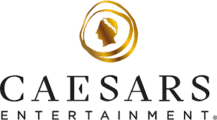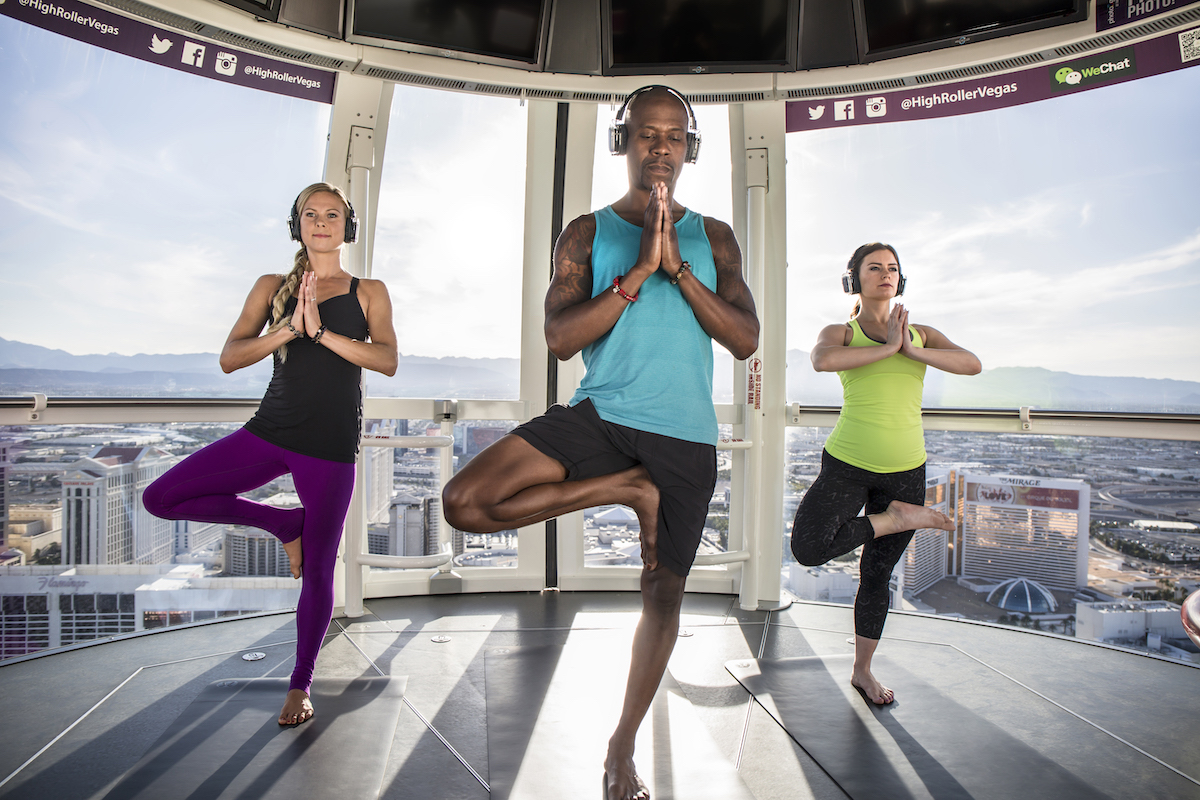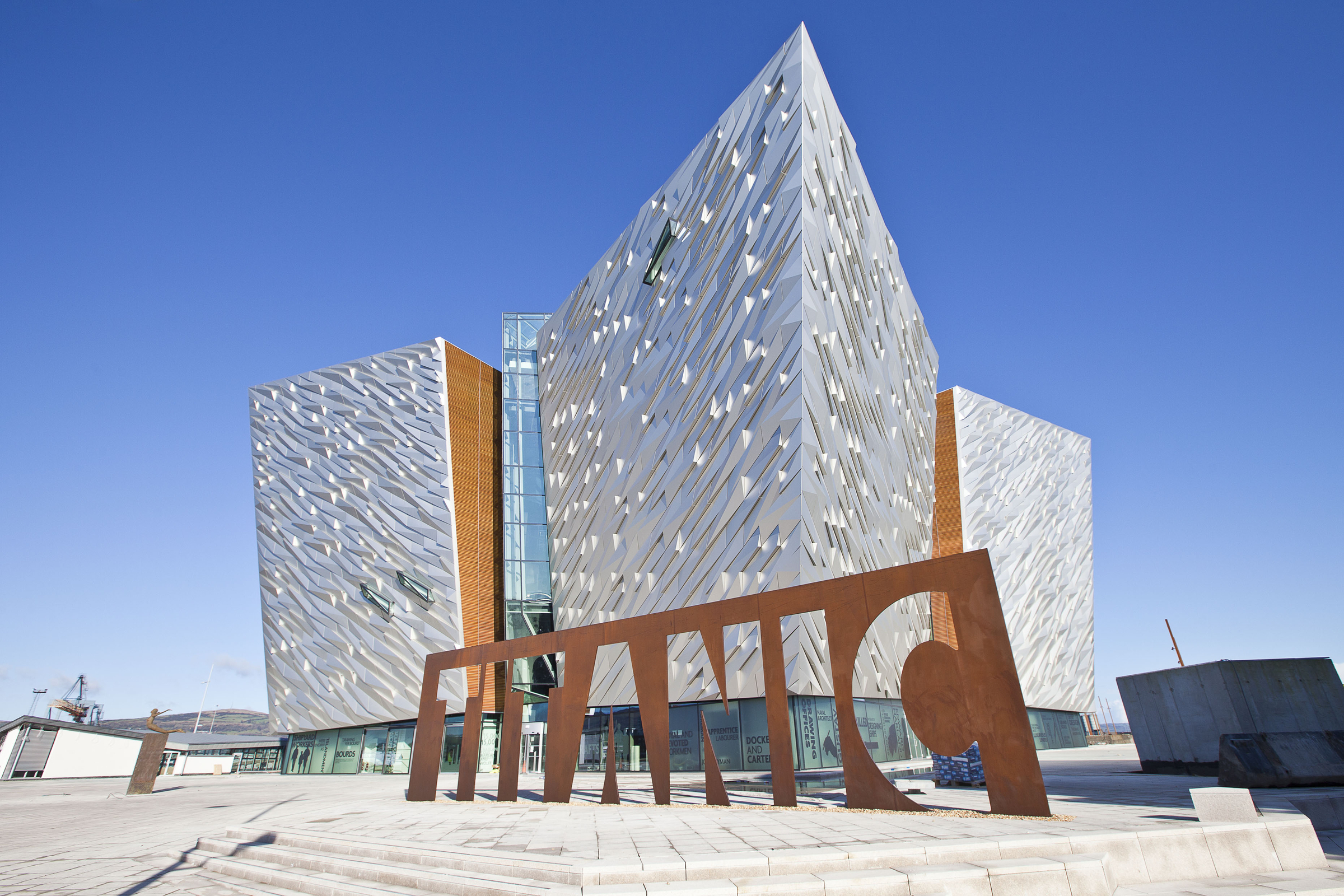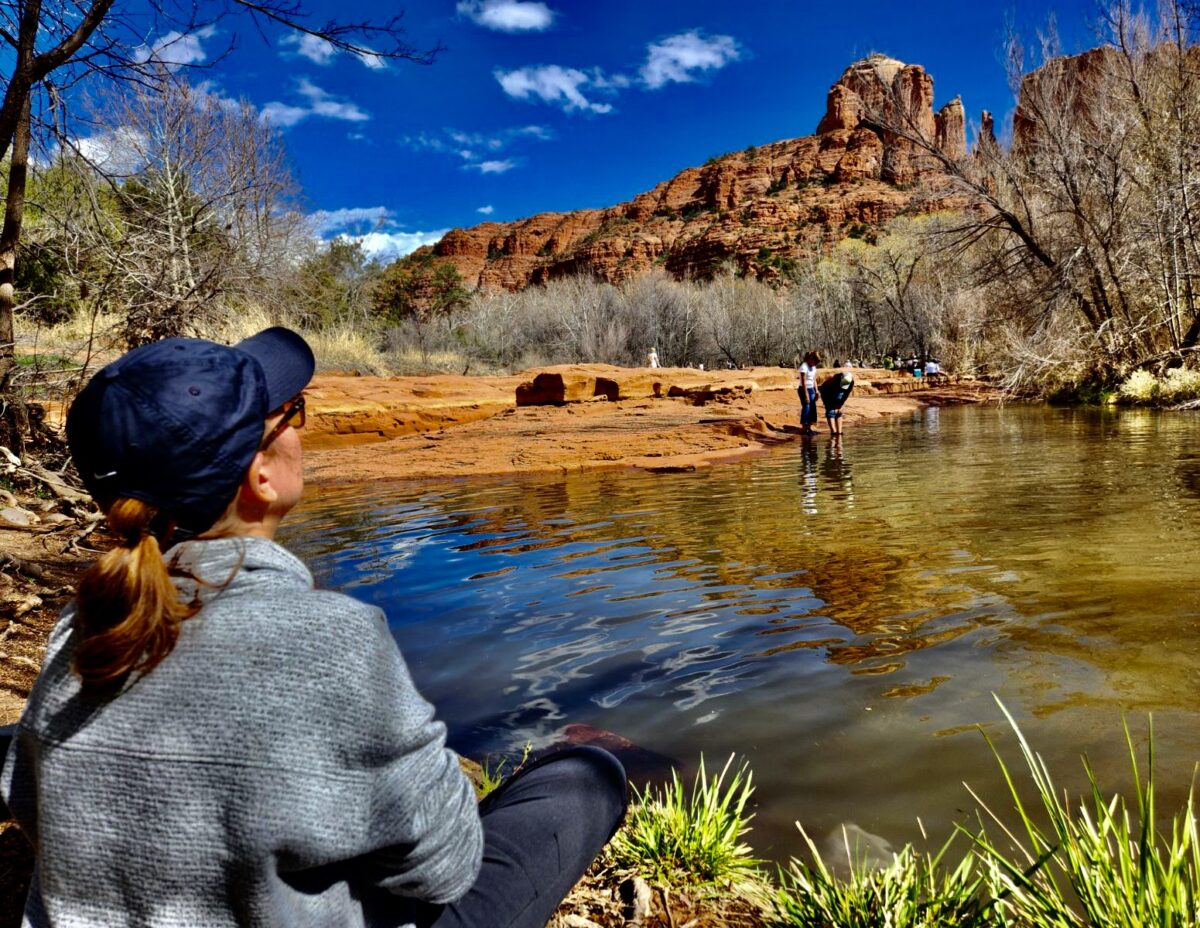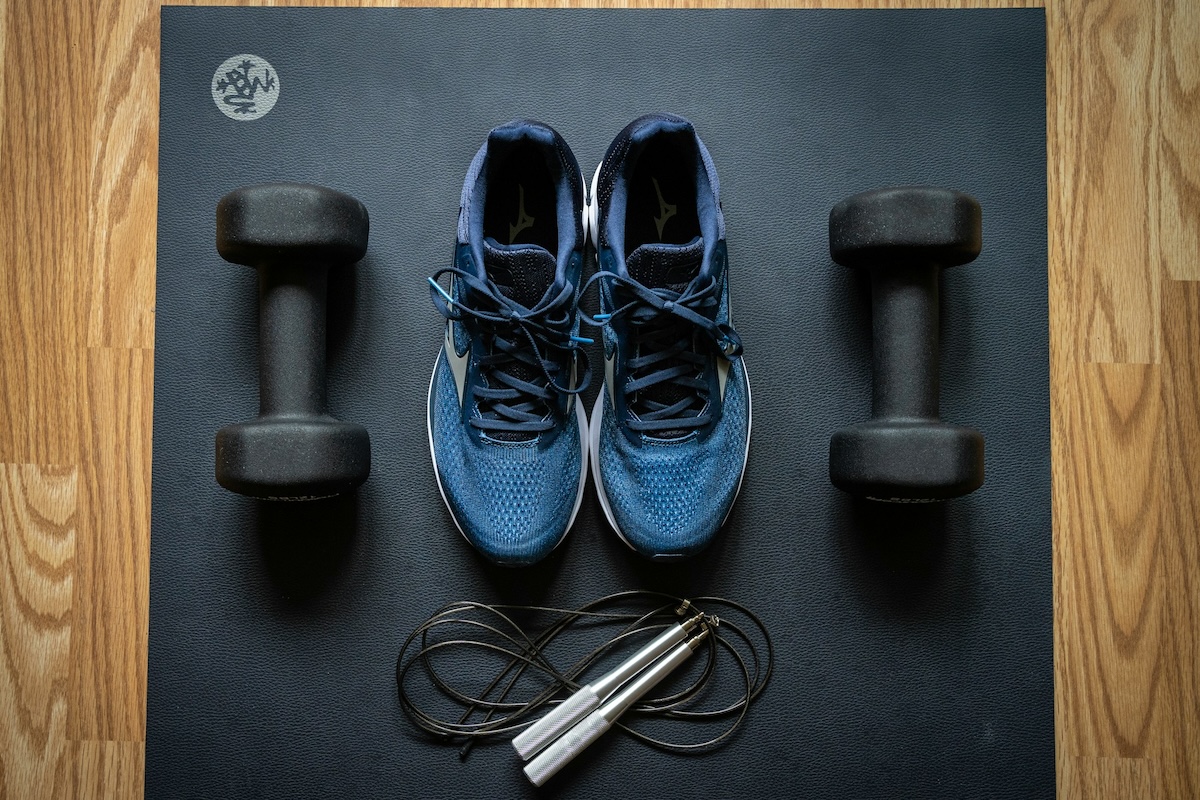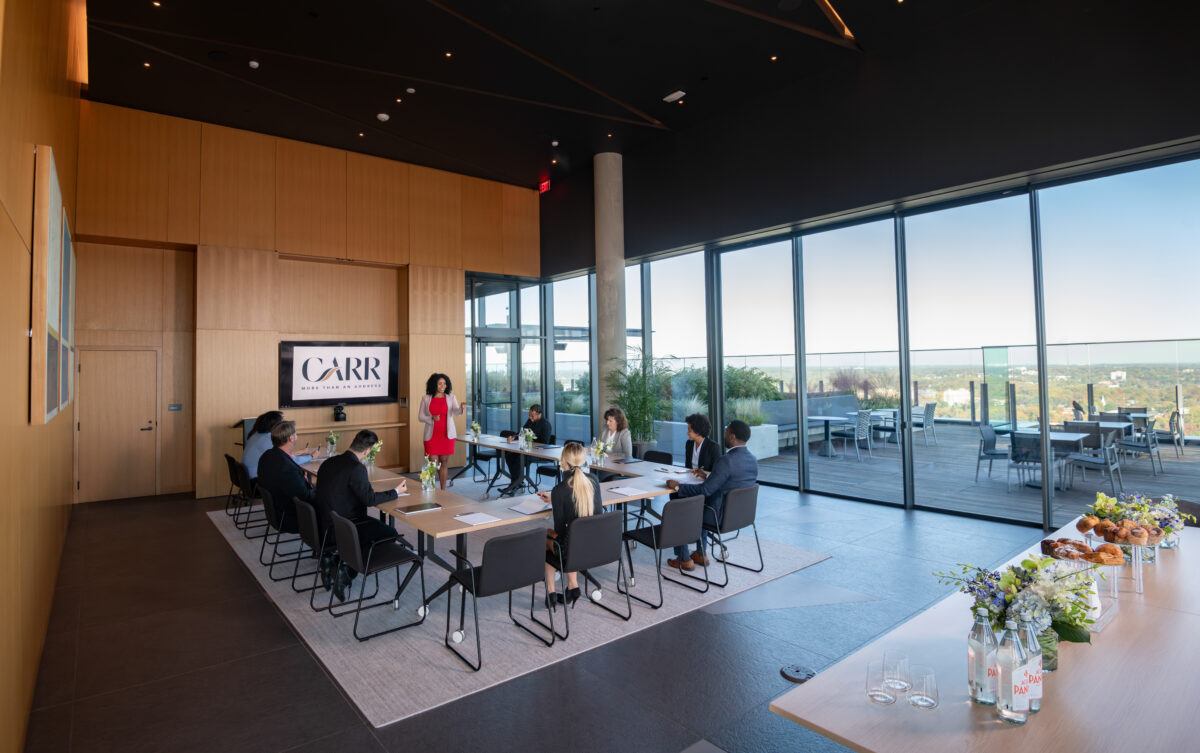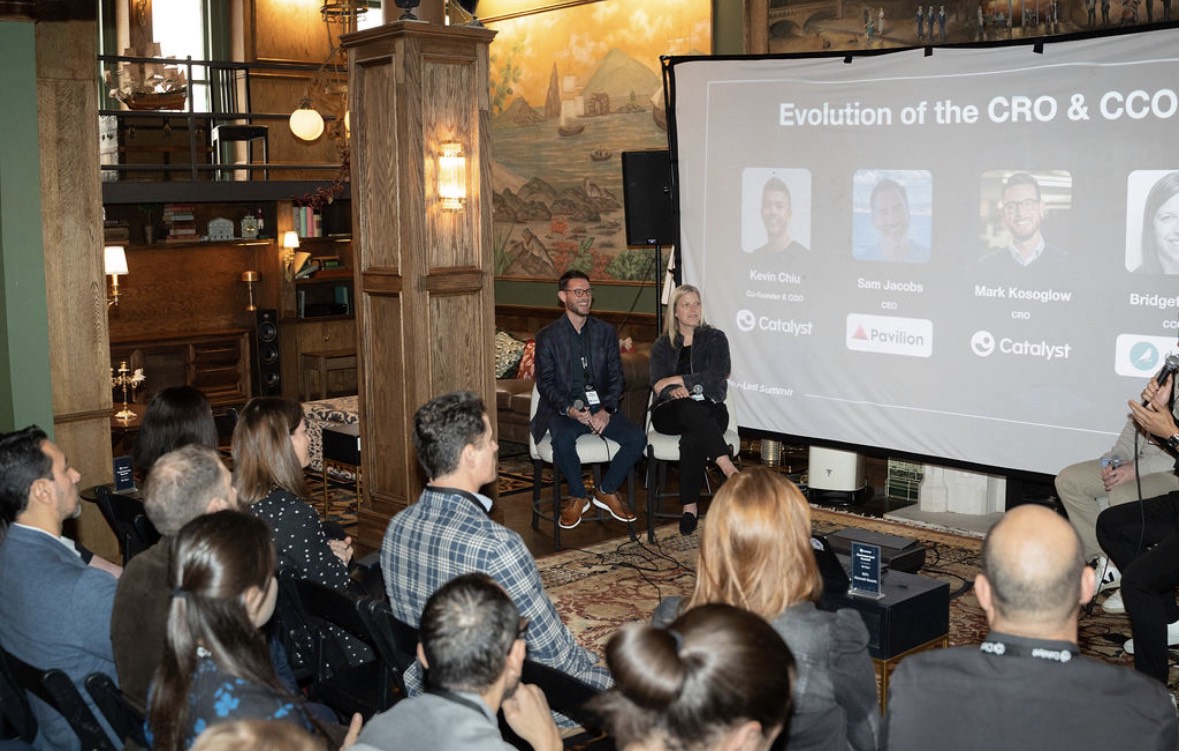Skift Take
Early mornings, late nights, and loads of time away from the comfort of your own home — being a meeting planner is hard on the mind and body. As Global Wellness Day approaches, take time to learn how to take better care of yourself with a challenge from Caesars Entertainment.
The event industry is full of thought leadership articles on how to develop meeting agendas that will help attendees feel better during their time on-site. It’s a reflection of society’s increased focus on a more thoughtful approach to living: Data from McKinsey shows that 50 percent of consumers report wellness as a top priority in their lives — an eight percent uptick from 2020. While meeting planners are becoming experts in well-being optimization, there is a very important audience that can often get overlooked: themselves.
Event planning has consistently ranked among the top 10 most stressful jobs in the world — a reminder that it’s essential to practice self-care while you’re caring for all your attendees, exhibitors, speakers, and partners.
What can you do to make sure that you aren’t neglecting your own well-being in the midst of juggling so many responsibilities? One starting point is Global Wellness Day on Saturday, June 10. In celebration of the occasion, Caesars Entertainment is launching an exciting Global Wellness Day Challenge. To learn more about the challenge and how it relates to the company’s wider wellness mission, Skift Meetings sat down with leaders from Caesars Entertainment and one of their most trusted wellness advisors.
Tracking Steps and Setting Goals
The Caesars Entertainment challenge is designed to help you do the most important activity for your physical health: move. Recent research published in JAMA Neurology and JAMA Internal Medicine shows that every 2,000 steps you take reduces the risk of heart disease, cancer, and premature death by 10 percent, peaking at 10,000 steps per day. For those who get close to that 10,000 step marker, they also reduce their risk of dementia by 50 percent.
Those are obviously big benefits, but hitting those step-count thresholds is a lot easier when you can see your progress. A study from the American Psychological Association shows that regularly monitoring your status toward a goal will increase the likelihood of success, and publicly reporting your progress can have an even greater impact. Participants in the Caesars Entertainment challenge can take advantage of that kind of public display, too: The app offers a 1,000-point bonus for sharing healthy stories and photos with other participants.
Maintaining Your Fitness Focus When You’re On the Road
While the challenge is limited to just 48 hours, it’s important to find ways to apply the lesson every day — a tall order for busy event professionals who have to spend so much time away from home.
“Event organizers have some of the most intense, nonstop schedules, but luckily, there are plenty of simple ways to prioritize wellness during packed events and time on the road,” Kelly Gleeson Smith, vice president of sales, Caesars Entertainment, says. “One of the first is to prioritize sleep. While event schedules can be packed with late nights and early mornings, sleep is a crucial component of maintaining good health as it affects all bodily functions. Planners should invest in strong sleep hygiene routines to ensure that what sleep they do get is as restful and recuperative as possible.”
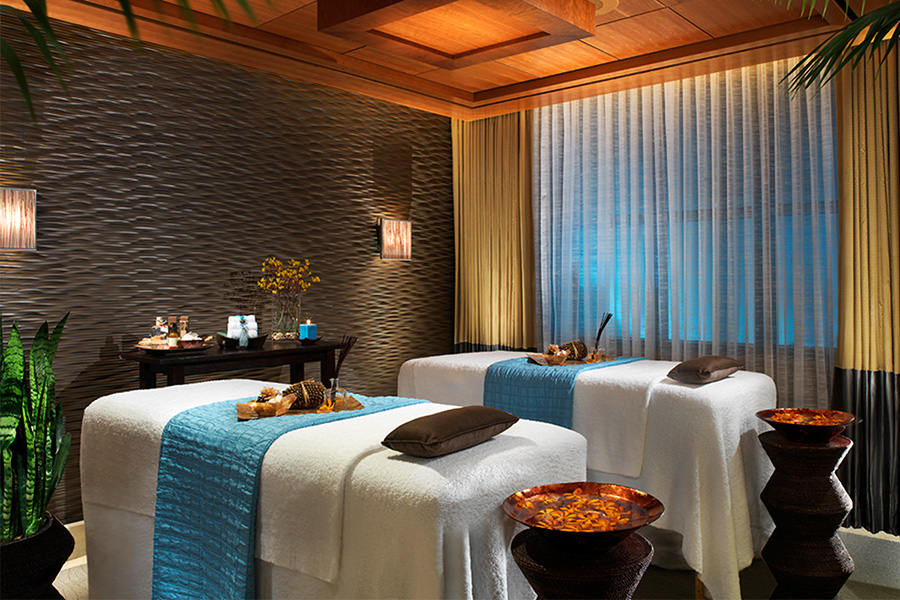

Sleeping in a new environment can be difficult, but there are simple ways to get better shut-eye time. Be sure to consider the American Academy of Sleep Medicine’s practical tips as you prepare for your next trip. And when you do wake up, you might not have time to hit the gym for a full workout, but you can dedicate some time to simple exercises that can be done anywhere — push-ups, stretches, planks, and burpees.
When you’re finally ready to start that action-packed day, Gleeson Smith recommends keeping a close eye on what’s on your plate.
“When it comes to diet, it’s important to stay hydrated and choose healthy foods that are high in protein and fiber such as whole grains, fruits, vegetables, lean proteins and healthy fats to stay energized throughout the day,” she says. “On the flip side, it’s better to avoid anything high in sugar, saturated fats, and salt that take a toll on the body and will leave planners feeling fatigued and sluggish.”
Making Your Mental Health a Top Priority
No matter how many steps you take, they won’t add up to much if your legs aren’t in sync with your thoughts.
“Our eyes, mind and body need breaks between meetings and engagements to help us destress,” Pandit Dasa, keynote speaker, author and mindfulness expert, says.
While that can feel impossible in the midst of attempting to multi-task and check off the items on a seemingly endless to-do list, those breaks don’t have to be long to deliver a much-needed opportunity to disconnect. For example, Dasa recommends 10-minute nature walks without a smartphone, two-minute deep breathing exercises to calm your nerves, and short 10-minute naps in the middle of the day. Another key piece of the puzzle is to simply stop talking about your job. “Have a non-work related conversation with a colleague to connect on a deeper level,” he recommends.
In addition to connecting with colleagues, Dasa highlights the importance of connecting with your own thoughts by penning entries in a gratitude journal — which happens to present another bonus-point opportunity in the Caesars Entertainment challenge. Dasa points out that journaling can happen at different intervals — “sometimes in the morning, sometimes in the middle of the day and at other times, right before going to sleep.”
“This will allow you to get in touch with the different experiences of gratitude you are having,” Dasa says.
Understanding What Your Attendees Really Want From a Wellness Initiative
As you work to create a conference program that can help your audience feel better when they’re away from home, Don Ross, vice president of meeting operations, Las Vegas for Caesars Entertainment, recommends starting with your food and beverage offerings. “The menu selections will play a big part in how participants feel,” Ross says. “Incorporate more plant-based products, more protein, more fruit and less rich heavy foods. Include as many local products as possible and offer small-plate experiences to provide more variety.”
When it comes to physical activity, plenty of events incorporate early morning fun runs. It’s a great opportunity for the most active attendees to pound the pavement, but there are also simple ways to integrate exercise during a program — without the need to set a 5 a.m. alarm.
“Provide more frequent breaks and options such as meditation, tai-chi and yoga,” Ross recommends. “With meditation and tai-chi, attendees can participate in their business attire, and 5 to 10 minutes can make all the difference. Start a session with a wellness instructor with a focus on breathing.”
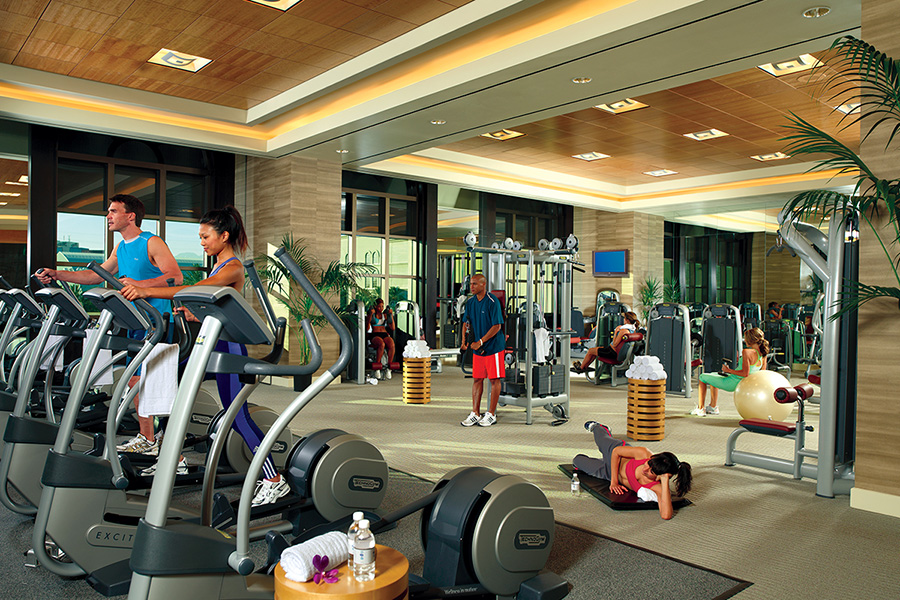

In addition to building in breaks throughout the program, it’s important to be conscious of the starting and ending times of each day. While events want to deliver valuable networking opportunities, it’s tough to balance a reception that ends at 11:00 p.m. and a 7:30 a.m. breakfast before a closing general session. Put yourself in an attendee’s shoes as you think about an appropriate schedule to ensure your audience has ample time to recover and recharge.
Building a Corporate Culture Around Wellness
As Caesars Entertainment works with event organizers to help create wellness opportunities during conference programming, the company is equally committed to delivering the same for its own employees with 13 on-site health centers available to staff across the country. Some locations include access to physical therapy, dietitians, and health coaches.
“The benefits of having healthy team members as part of our family is that healthy, happy team members can turn that energy into creating the extraordinary for our guests, but most importantly, it’s beneficial for their lives as well,” Heather Rapp, senior vice president of corporate social responsibility, Caesars Entertainment, says.
The Caesars Entertainment Global Wellness Challenge offers a chance to score a pretty big benefit for your health. In addition to jumpstarting your own wellness plan, prizes include luxury getaways at the iconic Caesars Palace in Las Vegas, a retreat at the lakeside Harrah’s Lake Tahoe, and the sophisticated Harrah’s Atlantic City that benefited from the recent $400M reinvestment. The recent enhancements include Nobu restaurant, The Hook by Spiegelworld, new coastal-inspired rooms, and more.


Click here to download the app and register for the challenge. While you’re focused on doing good for yourself, consider doing some extra good for the industry, too: You’ll score a 1,000-point bonus with a donation to the MPI Foundation.
This content was created collaboratively by Caesars Entertainment and Skift’s branded content studio, SkiftX.
